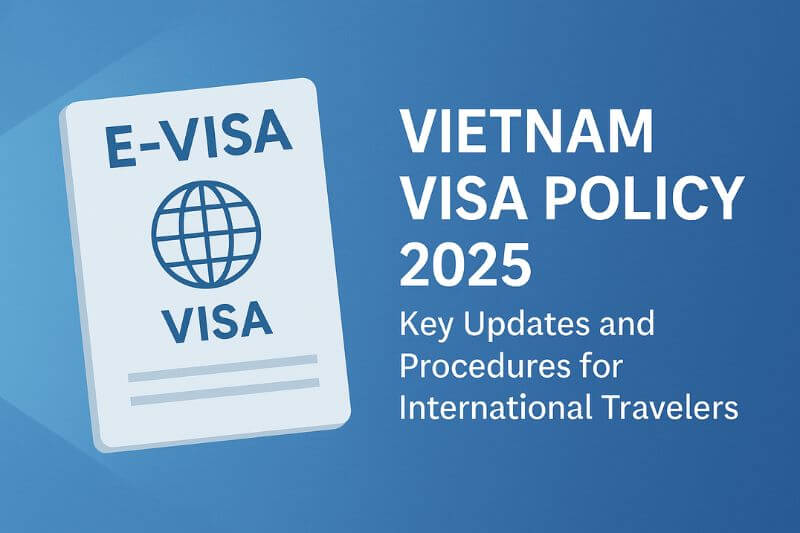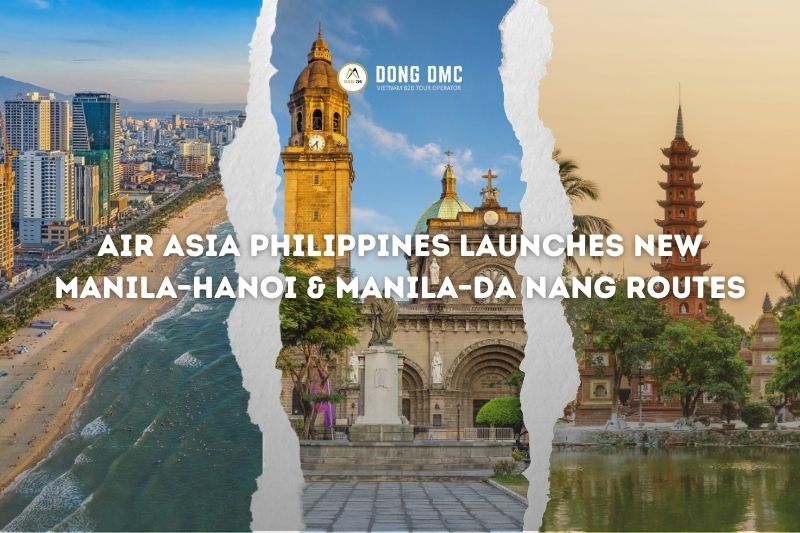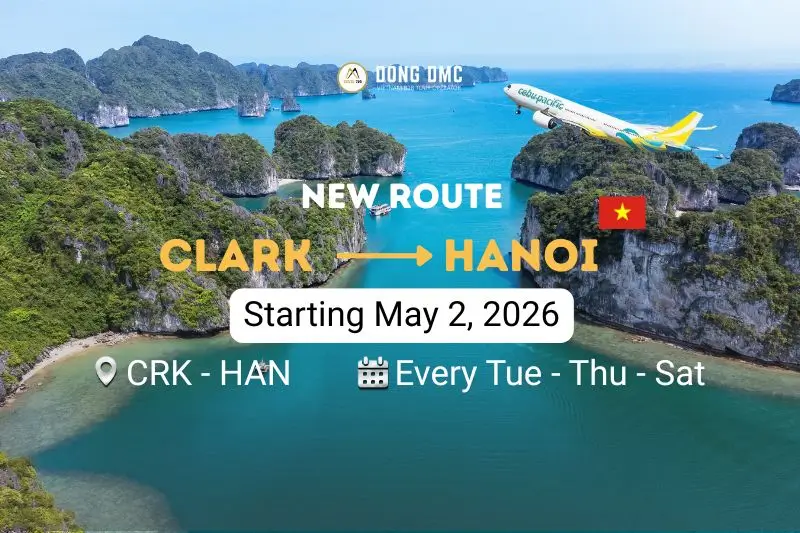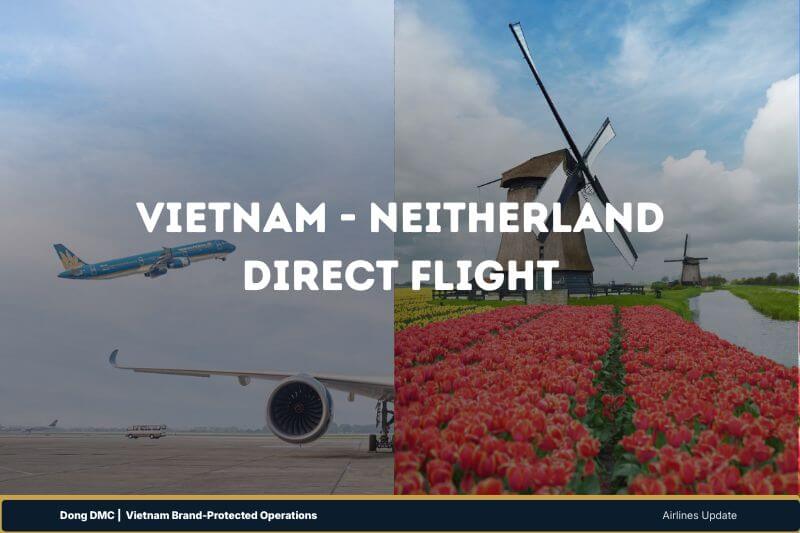Vietnam Visa Policy: Key Updates and Procedures for International Travelers
Key Highlights of Vietnam’s New Visa Policy
The Vietnamese government has updated several visa regulations that benefit both tourists and business travelers. The five most important changes are:
1. E-Visa Expansion
- Now available to all nationalities and territories (previously limited to 80).
- Valid for both single-entry and multiple-entry.
- Maximum validity: 90 days.
- Application is fully online via evisa.xuatnhapcanh.gov.vn
2. Extended Visa-Free Entry (45 Days)
- Citizens of 13 countries (Germany, France, Italy, Spain, Japan, South Korea, Russia, UK, Finland, Sweden, Norway, Denmark, Belarus) can stay visa-free for up to 45 days.
- Passport must have at least 6 months’ validity.
3. Multiple-Entry E-Visa
- Business-friendly change for investors and professionals traveling frequently.
- Saves time and costs by avoiding repeated visa applications.
4. In-Country Tourist Visa Extension
- Foreigners can extend their tourist visa (DL) inside Vietnam (no need to exit).
- Conditions: legal stay, no violations, valid reason, and a local sponsor/guarantor.
5. Simplified Online Visa Process
- Full digital application and fee payment.
- Status tracking through official portal.
- Minimal in-person contact with immigration authorities.
How to Apply for a Vietnam Visa
Foreigners now have three main application options depending on purpose and convenience:
- E-Visa (most common)
Apply online, upload photo & passport, pay fees, and receive approval electronically.
- Visa via Embassy/Consulate
Required for certain visa types (work, investment, family reunion, marriage).
- Visa on Arrival (VOA)
Only available with a pre-approved entry letter issued by the Immigration Department (commonly used by businesses for guests or experts).
Required documents include:
- Valid passport (≥6 months).
- Recent photo (4x6cm, white background).
- Completed application form (NA1/NA5).
- Supporting documents based on visa type (itinerary, work permit, invitation letter, investment certificate, family proof, etc.).
Processing time: 3–7 working days.
Fees:
- $25 (single-entry)
- $50 (multiple-entry)
Vietnam’s Visa Exemption Policy
From 2025, visa exemptions are broader and longer:
1. Unilateral Visa Waiver (45 Days)
- Citizens of 13 countries (as listed above).
- Must leave Vietnam and wait at least 30 days before re-entering visa-free.
2. 5-Year Visa Exemption
- Granted to overseas Vietnamese and their spouses/children.
- Each entry allows a stay of up to 180 days (extensions possible).
3. Bilateral Visa Waivers
- ASEAN countries (Thailand, Laos, Cambodia, Singapore, Malaysia, Indonesia) and selected other nations under diplomatic agreements.
New Regulations on Visa Extension
Foreigners can extend certain visa types within Vietnam, subject to conditions:
- Eligible visas: business (DN), work (LD), investment (DT), family visit (TT).
- Not generally allowed: e-visa and tourist visa (DL), unless under exceptional circumstances (e.g., medical emergencies).
Extension requirements:
- Valid visa and passport.
- Local residence registration.
- Sponsor or guarantor (company or family).
- No immigration violations.
Fees for extension:
- $25 (single-entry)
- $50 (≤3 months multiple-entry)
- $95 (3–6 months multiple-entry)
- $135 (6–12 months multiple-entry)
Processing time: 5–7 working days.
Important Notes for Visa Policy
- Tourist & E-Visas generally not extendable (except for emergencies).
- Visa runs discouraged – frequent back-to-back entries may result in refusal or temporary entry bans.
- Mandatory residence registration – travelers must report their stay to local police within 12–24 hours of arrival.
- Correct visa purpose required – e.g., no working under a tourist visa.
- E-Visa valid only at designated checkpoints – confirm border gates before traveling.
Vietnam’s 2025 visa reforms bring greater flexibility and convenience, especially for international travelers, investors, and travel professionals. However, strict compliance with regulations is required:
- Apply for the correct visa type.
- Provide complete and truthful documents.
- Avoid misuse of visa categories.
- Respect residence reporting obligations.
For travel partners, these updates open wider opportunities to promote Vietnam as a welcoming, business-friendly, and tourist-attractive destination.
📩 Follow for monthly updates on Vietnam’s visa and airline news — and stay ahead when selling group series for 2025.
 EN
EN



